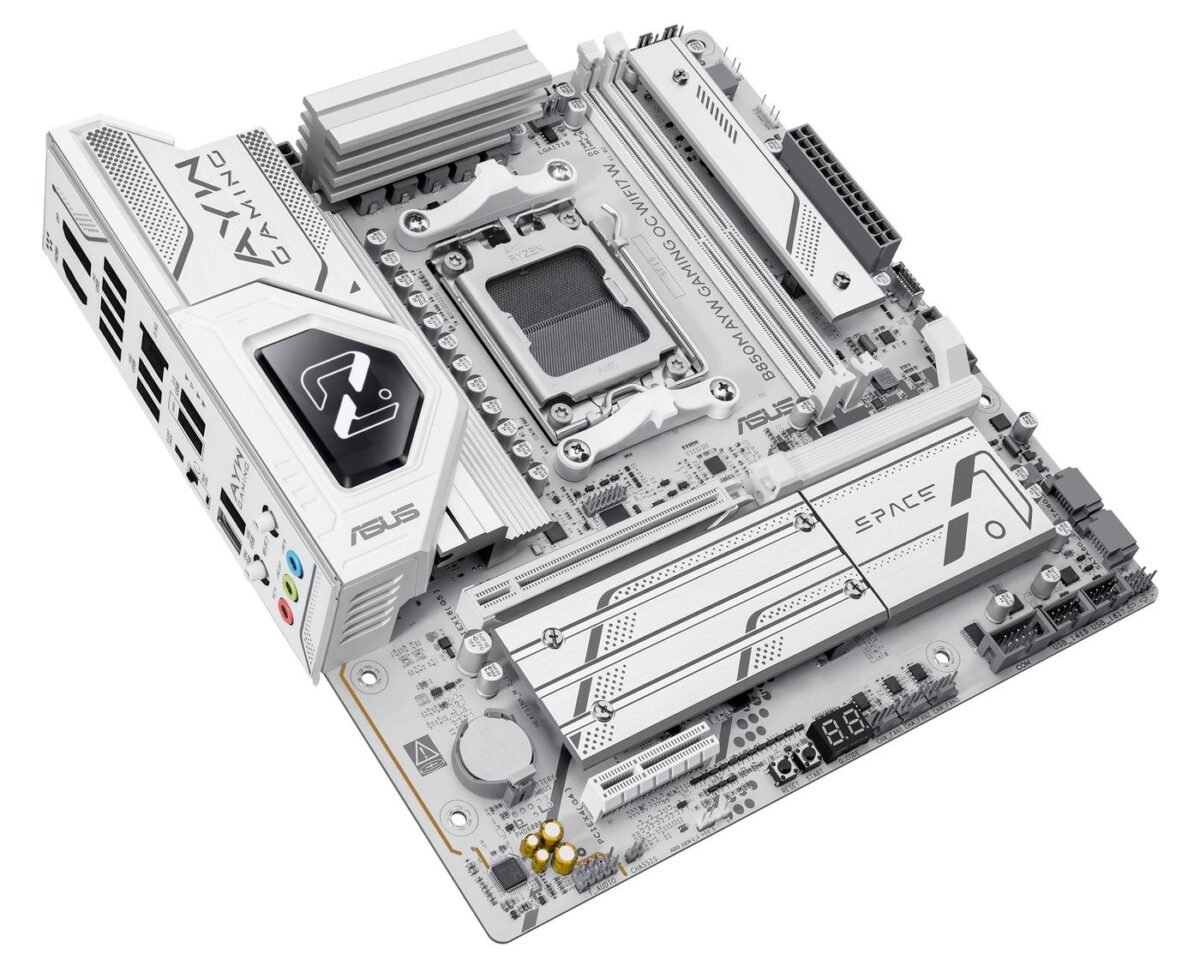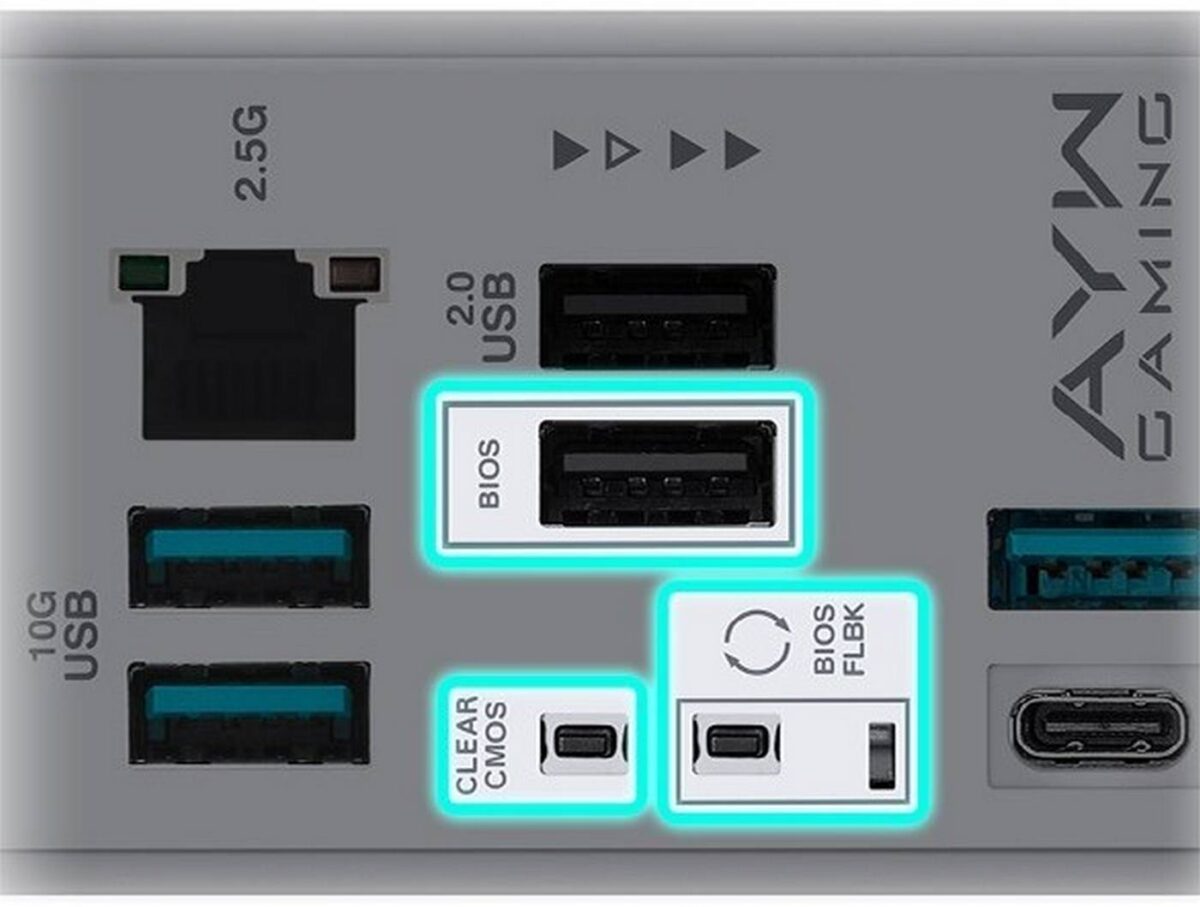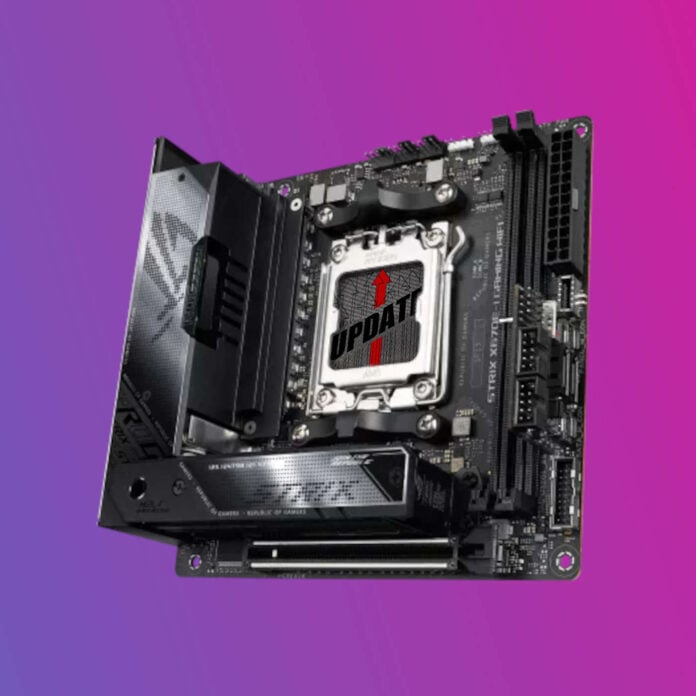With AMD’s next-gen Zen 6 processors closing in, motherboard makers have started hinting or outright claiming that their existing products will support these chips in due time. But, since they put higher-tier boards – which feature larger 64MB BIOS chips – in the spotlight, users have started wondering if Zen 6 support will be limited to some models only.
Like with AM4, AMD has committed to long support of its current AM5 platform. This includes new features and security updates, but most importantly, new CPU compatibility. Understandably, the microcode required to detect and operate these new processors needs to fit inside the limited storage capacity of the BIOS chip, alongside all the previous code.
This state of events caused headaches for AMD and its partners back in the AM4 era, where motherboards equipped with 16MB BIOS chips ended up short of space to fit AMD’s new Zen 3 Ryzen 5000 microcode. Fortunately, a workaround was found to add Zen 3 compatibility, involving the removal of old CPUs’ code and replacing it with the one required for Ryzen 5000 chips.

Knowing this, some users have started to worry since AM5 motherboards also arrive with two flavours, some use 32MB BIOS chips while others use 64MB ones. The fear is that the smaller 32MB BIOS won’t be enough to fit Zen 6 microcode alongside the existing Zen 4 and Zen 5. While this is still larger than the problematic 16MB chips of AM4, the AM5 platform has a lot of new features that may require more space.
Seeing user comments, hardware leaker @9550pro on X clarified the situation, indicating that both 32MB and 64MB AM5 motherboards will support Zen 6. In other words, all 600 and 800 series boards, from the budget A series to the high-end X lineup.
Even if this doesn’t end up being the case for some reason, there will always be the option to remove legacy processors’ support to free up valuable BIOS space. This shouldn’t be an issue for most AMD users, since they are unlikely to swap CPUs each day. Furthermore, with BIOS updating no longer being complicated and risky, thanks to boards embracing the BIOS flashback feature, getting the microcode for a new CPU is straightforward.

Zen 6 is expected to increase the core count per CCD (Core Complex Die), allowing more than 16 cores for the first time on the AM5 platform. Combined with an improved I/O die and rumoured higher boost frequency, next-gen Ryzen is hotly anticipated, more so as they should be a drop-in replacement. Be it AMD or motherboard makers, someone will surely capitalise on this occasion and ensure Zen 6 is present on all AM5 platforms.

